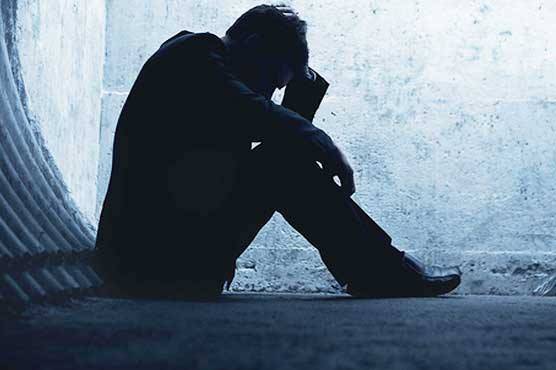The high prevalence of depression in Pakistan is not well understood. It has now been recognized by the World Health Organization (WHO) that depressive disorders have become a serious health concern in Pakistan and would be the main cause for disability in the upcoming years. This article confirms the high prevalence of depressive orders in Pakistan and suggests that this may be higher than in developing countries because of the higher proportion of population who experience social adversity. Living in 21st century, are general problems the only reason behind high suicide rates, high substance and insomnia or is there another source pushing Pakistani youth to commit such acts? The motive of this article is to put all point of views on the table and create awareness.
According to studies, the possible explanations for diversity include exposure to chronic infectious diseases and other physical illnesses, severe social adversity (especially poverty), poor education and poor access to treatment. There is much consistency of anxiety disorders in different third world countries, though the prevalence in women is higher in Pakistan. Previous studies in Pakistan have found increased rates of depression in women because of unstable marriages and lack of control over their own lives. The Postpartum Depression (PPD) is common among women in Pakistan with a prevalence rate ranging from 28 percent to 63 percent. The PPD has devastating effects on mothers, infants and families. Potential causes of PPD include genetic predispositions but in some cases it is unclear to why and how a woman developed PPD. The physical causes for PPD include drastic hormonal changes that take place during and after child birth. Decreased estrogen and progesterone levels place the body into a sudden hormonal shift. It is quite surprising that 9.2% of the cities in Pakistan have women with high risk of PPD.
Depression has various effects which result in being physical and social. People facing depression might visit their family doctors complaining of vague aches and pains. People face Gastrointestinal Problems; symptoms such as an empty stomach. When people have depression, it may feel like they just cannot get rest. In Pakistan, when doctors and professionals are considering a diagnosis of depression, sleeping disorders are among the core symptoms they look for. Depressed people might have problems while sleeping, ranging from struggling to fall or stay asleep, being unable to get restful sleep or sleeping too much.
Depressed people may be under stress for a long period of time contributing to high blood pressure. The chronic stress in particular has been linked to elevated blood pressure. In turn, hypertension increases a person’s risk of cardiovascular disease, which include heart attacks and strokes. Anxiety itself forces a person to eat more or less than usual. People who are depressed may report they have lost weight without trying or having gained weight. In Pakistan, the most common factor that may contribute to weight gain is emotional eating which refers to a person using food to self-medicate feelings of depression.
Depression may also result in Sexual Dysfunction, loss of sexual desire during intimate encounters and talking to a partner or doctor about sex life may feel daunting. “Suicide” is the major and threatening effect of depression in Pakistan. Suicide deaths due to depression have reached a number of more than eight hundred thousand (800,000) per year, which means one suicide every forty seconds. It is the leading cause of death for Pakistani people ranging from age fifteen to twenty nine.
On July 1, 2020, an online video game Players Unknown's Battle Grounds Mobile (PUBG) was banned by the Pakistan Telecommunication Authority (PTA) passing a statement that the game was responsible for high suicide rates in country. The authority stated that the game was addictive and a wastage of time. The law sector claimed that the addiction factor was the main reason for youth to commit suicides. The youth of Pakistan and the PTA had an argument on this certain topic, with the youth stating that not the game but study and family stress plays the major role in suicides. All comes up to the perspective of every single sector in Pakistan. The youth has also come up and sarcastically asked the government to “Ban Poverty”, “Ban Schools and Colleges” and “Ban unemployment” if they thought that the ban on the video game was logical.
We have increasingly pathologized depression and attributed it to biomedical factors. We tend to think that distancing people from their distress can be a functional way of helping them. However, teaching people that this very complex social, cultural phenomenon is entirely biological and can backfire. It encourages people to ignore environmental factors, and instead, essentialize depression as a characteristic of themselves and their biology.
Furthermore, the question arises that should there be culture specific approaches to depression? There is evidence that public education efforts to teach people in a country such as Pakistan is a viable option in order to educate people about how they should think about their distress. For example, pharmaceutical companies once engaged in a systematic campaign to train people to recognize both major and minor depression as problems.
The question arises; is depression a reality or a myth? Should the government be playing its part to prevent depression? Is depression the main reason for suicide in Pakistan or were the steps taken by the PTA justified? As of now Pakistan is in dire need of psychologists with only having 478 at the moment, PPD cannot be countered as of now. Who knows, there might be a day when a deadly virus having depression as a symptom emerges!






